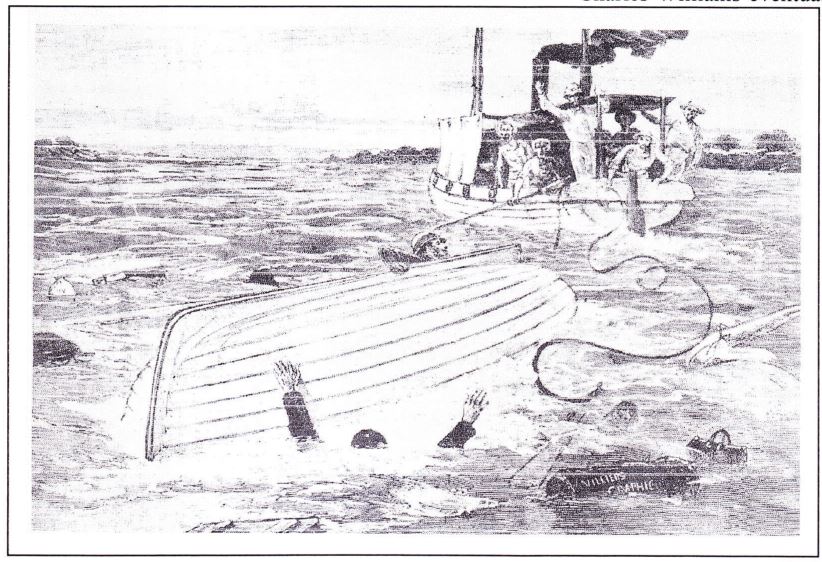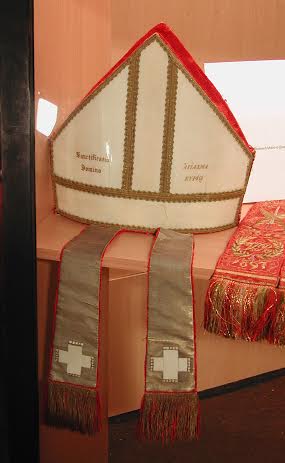Charles Frederick Williams
Overview
Charles Frederick Williams is a great-great-grandfather of John Fairley.
Williams was a celebrated British war correspondent, newspaper editor, journalist, and author. He traveled to many war zones with the British Army, reporting worldwide on some of the key events of the late 1800s.
Career & War Correspondence
In 1859, he became a leader writer for the London Evening Herald. Later that year he began his long connection with The Standard, serving until 1884. He was first editor of the London Evening Standard (1860–63) and first editor of The Evening News (1881–84).
He covered conflicts such as:
- Franco-Prussian War (1870): present at Strasbourg and the Loire army HQ.
- Russo-Turkish War (1877–78): attached to Ahmed Muhtar Pasha’s Turkish army in Armenia; published The Armenian Campaign (1878).
- Afghanistan (1878–79): wrote Notes on the Operations in Lower Afghanistan.
- Sudan (1884): joined Gordon Relief Expedition; first to report Gordon’s death.
- Serbo-Bulgarian War (1885): only British correspondent with Bulgarian forces.
- Greco-Turkish War (1897): attached to Greek forces in Thessaly.
- Sudan (1898): last major war reporting during Kitchener’s campaign.

Publications & Writings
Williams was prolific, publishing books and articles on war, politics, and military reform. His works include:
- The Armenian Campaign: A Diary of the Campaign of 1877 (1878)
- Notes on the Operations in Lower Afghanistan, 1878–9 (1879)
- John Thaddeus Mackay (1889)
- The Thessalian Campaign (1897)
- Life of Sir Evelyn Wood (1892)
- Hushed Up: A Criticism on the South African Campaign (1902)
- Articles in United Services Magazine, National Review, and others
Honours & Recognition
Williams was wounded three times in action and awarded the Queen’s Sudan Medal (1896–98). He also served as Chairman of the London District of the Institute of Journalists (1893–94) and President of the London Press Club (1896–97).

Legacy & Passing
Williams’ adventurous career influenced Rudyard Kipling, who based the war correspondent “Mr. Nilghai” in The Light That Failed on him.
He died in Brixton, London on 9 February 1904. His funeral was attended by members of the press and military, including Field Marshal Sir Evelyn Wood.
